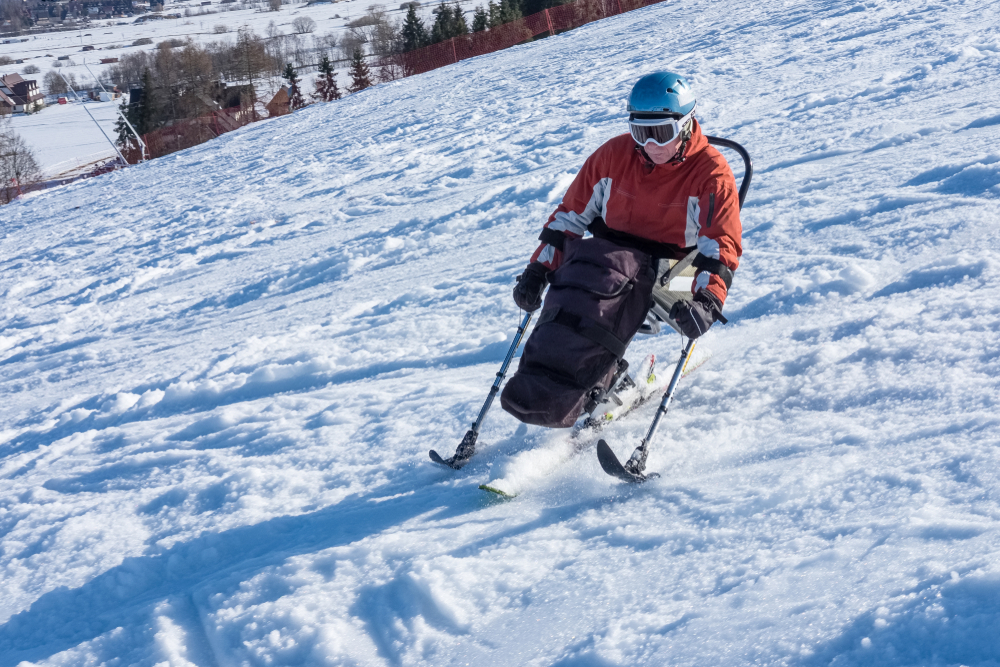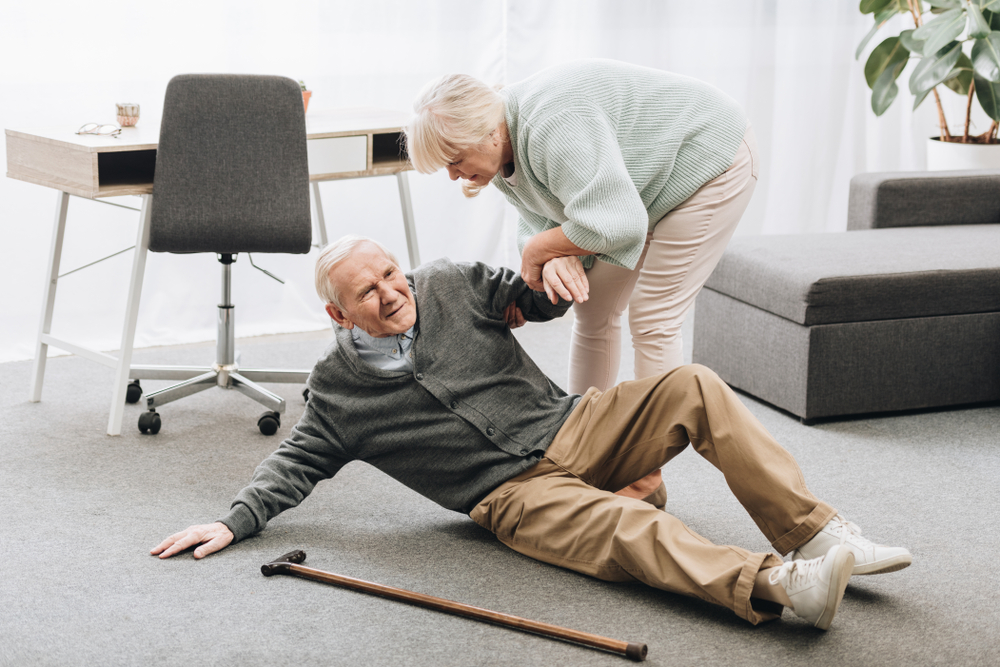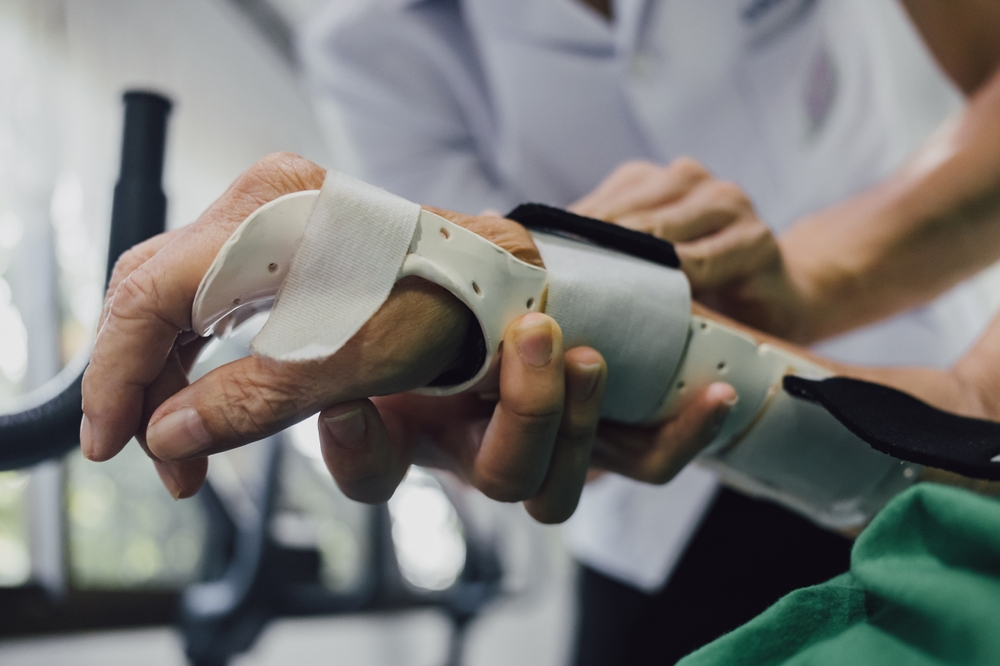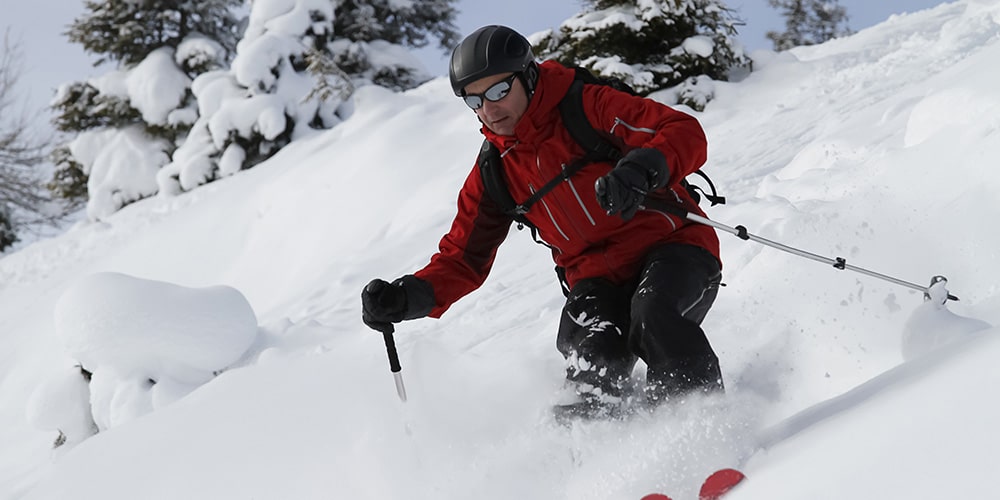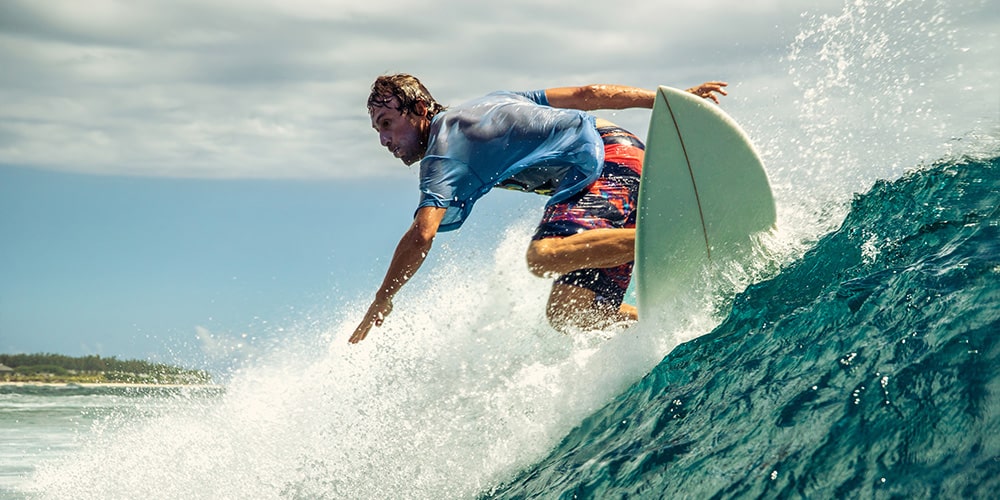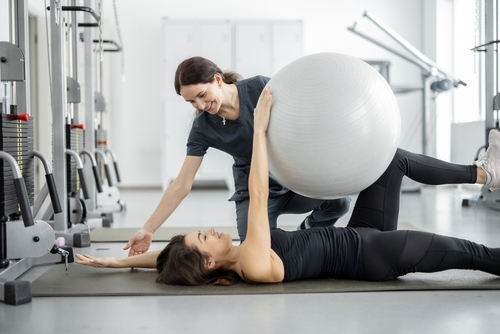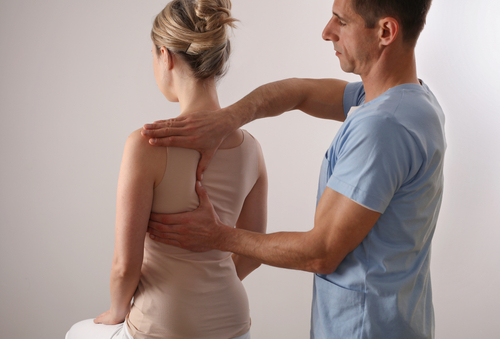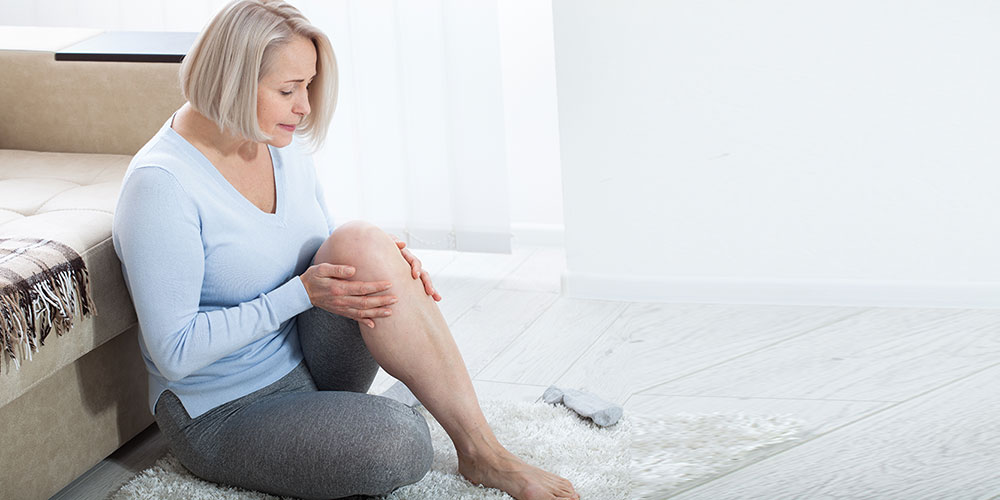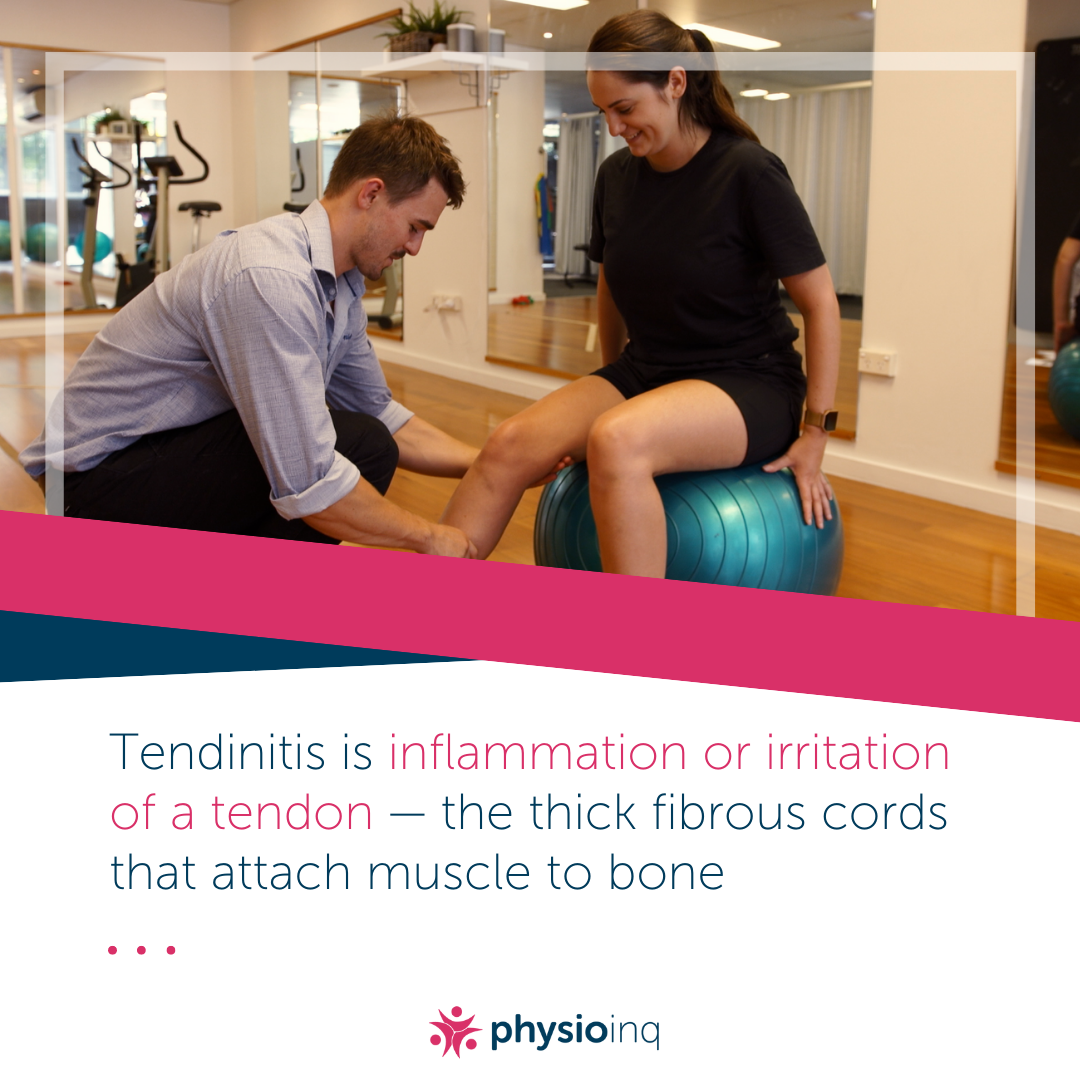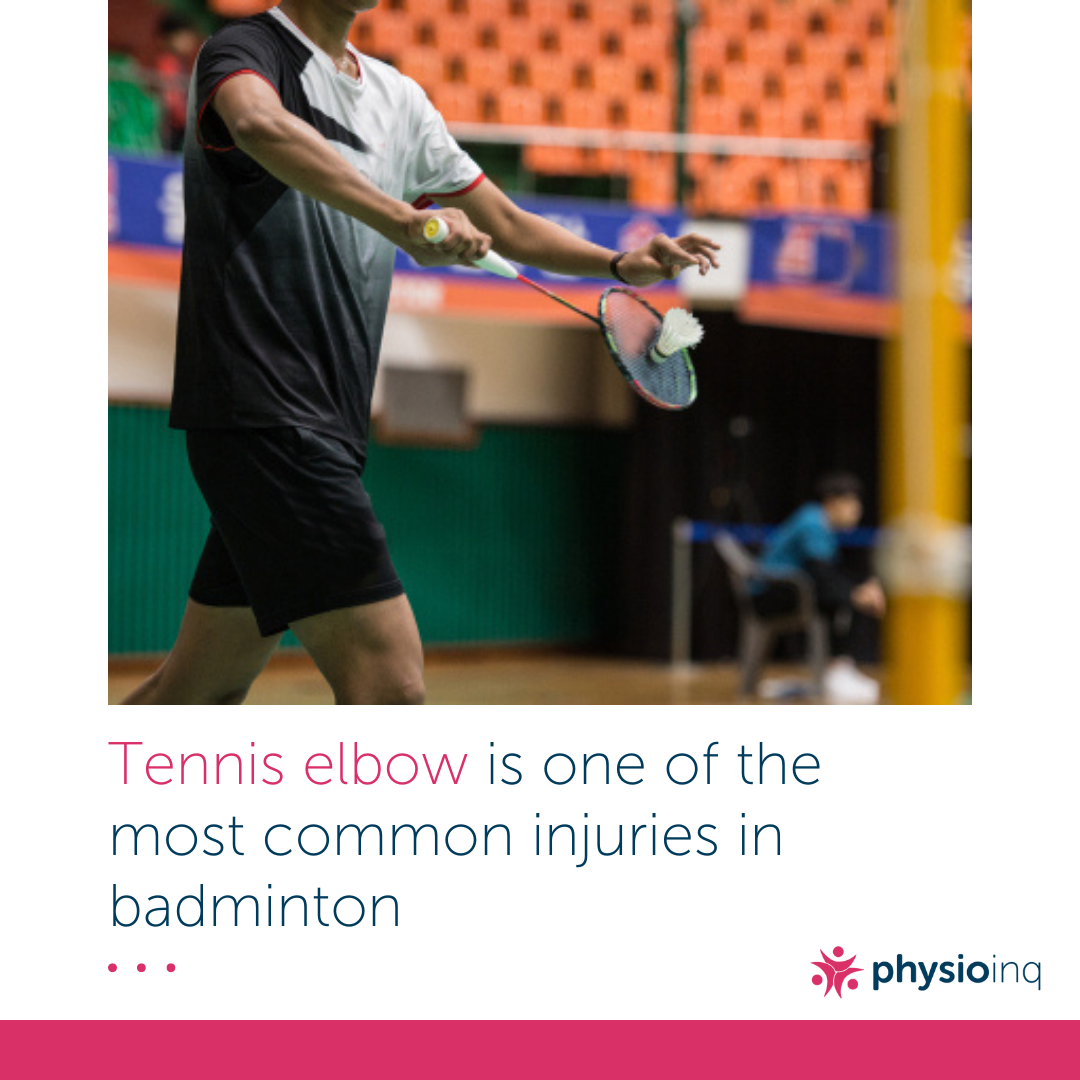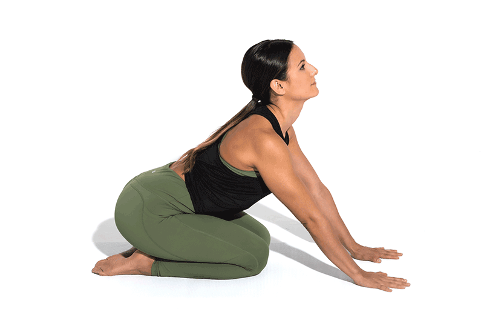The repetitive movements involving Golf sport has been associated too often with soft tissue injury. This is largely due to the fact that golf swing requires the use of same muscles quite compulsively, thus causing acute conditions like tears, pulls collisions or even micro-trauma (production of small tears) and hypoxia (absence of oxygen in the muscle tissues).
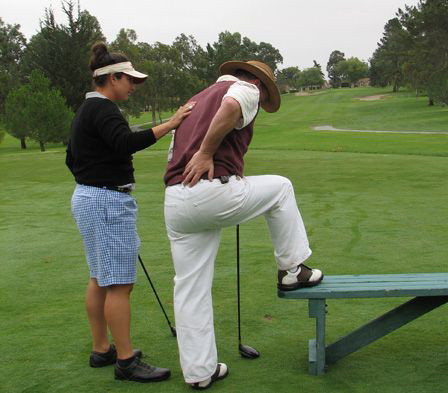
Whether you are an avid golfer or someone who occasionally swings the golf club, having some level of fitness could largely help you take care of any game-related injuries. And if you have a better technique, it could save you against ground reaction forces that could adversely damage your arms, shoulders and spine.
The problem is: Most of the golfers continue to play even through pain and injury, believing that it’s all right, and they will recover eventually. However, in reality, when a golfer doesn’t take a break from an injury, they are actually risking their bodies to bigger and prolonged injuries. Then, the frustration resulting from a poor round could even further aggrandize the injuries.
Primarily, it’s the poor motor control and biomechanics that are linked with swing faults. The overuse injuries that we are referring to are primarily common with golfers who have a poor technique.
What are the Common types injuries in golf?
Most of the acute injuries associated with golf results from hitting the ground when golfers try to swing through a sand trap with a submerged tree root underneath. This type of injury could lead to damage to three different part of the body: Elbow, shoulder, and the back.
What are the reasons for golf injuries?
According to a study, around 44 percent of the total injuries are caused due to overuse, and these are some of the reasons why:
- Ground impact forces (aforementioned)
- Lack of flexibility
- Excessive practise
- Intermittent play
- Poor conditioning
- Poor swing technique
Poor flexibility is one of the top factors for golf injuries. According to a survey, around 80 percent of golfers don’t bother to spend more than 10 minutes to warm up. But those who did, they had 50 percent fewer chances of getting injured.
If you have been golfing, you would know then that a golf swing is divided into four different phases, and includes a backswing, downswing, acceleration strike and follow through. If a golfer is not performing a complete range of motion (ROM), it could hamper with their ability to properly swing the club, thus leading to more stress on the muscles and joints involving the swing.
What’s the solution to prevent golf injuries?
To avoid getting injured in this amazing sport, it’s necessary that every golfer pays special attention to their swing technique. Any golfer with a poor swing is bound to make mistakes and experience injuries. Also, every golfer, regardless of their age, should spend some time warming and be stretching their body. And it’s advisable to hit some golf balls using a wedge in the beginning and then gradually resorting to the driver.
Your best bet is to seek some regular advice from a sports medicine specialist; they will help get an accurate diagnosis of your medical condition and prescribe a more suitable therapy to deal with your injuries.
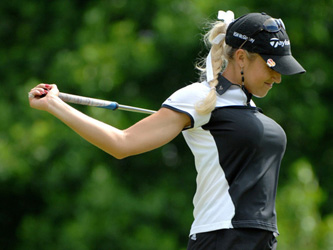
Don’t let your body hold you back playing the game you love. Let the team at our clinic bring back that swing in your game today. Find your closest Physio Inq clinic today
Date Published: Wednesday, April 26, 2017
Locate a Mobile Physiotherapy
Service Near me
Get the experience & convinence you deserve to support your or a loved one's allied health needs.
Our Mobile Physiotherapy team are currently serving & taking appointments in the following states and regions in Australia:
New South Wales
- Blacktown
- Blue Mountains
- Campbelltown And Macarthur
- Canterbury-Bankstown
- Eastern Suburbs Sydney
- Georges River
- Hawkesbury
- Inner East Sydney
- Inner West Sydney
- Lake Macquarie
- Lower North Shore
- Newcastle
- Northern Beaches
- North Sydney
- Parramatta
- Penrith
- Southern Highlands
- South West Sydney
- Sutherland Shire
- Sydney CBD
- The Hills Shire
- Upper North Shore
- Waverley
- Wollongong
Tasmania
Victoria
Need to get into direct contact with ur Client Services team? We're all ears. Call our team directly on 1300 731 733

